-
Asked by anon-383965 on 12 Feb 2024. This question was also asked by anon-377721, anon-384038, cash1apt, pace1rat, menu1daze, anon-377658, bath1nona, duke1anta, Millie p, save1rhus, imogen, anon-404615, anon-407076.
-
Georgia Lambert answered on 12 Feb 2024:
I did biology, chemistry, history and maths at A levels. I was quite torn between studying biology or history at university but I chose biology after going on a school trip to Mexico (I got a weekend job at a cafe to save up enough money for it but it was so worth it) because I loved working with the wildlife biologists studying amazing animals like spider monkeys and I decided I might like to do that too. So I went to university to study biology and I particularly enjoyed and did well in the modules that were about animal behaviour and ecology. That made me start thinking about going for a PhD in animal behaviour so I did some summer projects to see if I liked being a researcher and I did! I applied for 3 PhD studentship (as well as some other jobs) in my final year as an undergrad and was lucky enough to get a place here at Edinburgh University studying beetle behaviour 🐞
-
-
Kirsty Ross answered on 15 Feb 2024:
I followed the path of GCSEs, A Levels, undergraduate degree, then a PhD because I didn’t want to be caught at a lower salary point as my career progressed. However, there are lots of ways of becoming a scientist so your journey will be unique.
-
Viviene Dela Cruz answered on 15 Feb 2024:
I wanted extra work experience while I was doing electrical and electronic engineering at uni so I applied to a bunch of internship and placement (1-year internships) roles while at uni. I wanted to work because I wanted to increase my chances of getting a job I liked after graduating. One of the jobs I got offered was to be a scientist for high energy lasers and I have been a scientist since then, even before finishing uni! 🙂
-
Andrew McDowall answered on 15 Feb 2024:
In a sense none of us become scientists, but some of us stop being them. We all have an in-built curiousity, a desire to know, to understand and to learn, at least whilst we’re young. To ask “why?” and “what?” and “how?” and “what if?” often to the frustration and exasperation of our elders. We feel the urge to experiment, see what happens, to push the boundaries and to learn from that experience.
Eventually some of us stop asking these questions; some of us keep asking them; and some of those who do are lucky enough to be paid to do so. A good bit of an education in science is just learning how to ask better questions and how to better understand the answers. The rest is just running through the answers to questions already asked.
If you stay curious and keep asking questions you might not become a career scientist or want to be one, but you might not stop being a natural one. -
Martin McCoustra answered on 19 Feb 2024:
I always enjoyed learning about how things worked and even taking things apart and putting them back together. I had a couple of teachers in primary school who were scientists and encouraged this. They also taught me the basics of maths extremely well. You need maths if you are going to do science! A high school by chemistry, physics and maths teachers encouraged me more to pursue my interests and to go to university. I went to university to study chemistry with the goal of becoming an analytical chemist. However, I worked as an intern in the local refinery analytical lab during my summer vacations and found I didn’t like being told to do stuff. I wanted to find out things myself and the only way to do that was to get my PhD and become an academic scientist. I did!
-
Alexander De Bruin answered on 20 Feb 2024:
I’ve always enjoyed exploring how the world works, and my parents and one of my Grannies really encouraged me to pursue science and maths. When I got to school I did as much science as possible, and ended up doing Chemistry, Physics, and Maths at A-level. I then did two degrees in what is essentially a bit of chemistry and a bit of physics. I was lucky enough to do summer internships in a research lab at the university I was studying at during my first degree, which really cemented in my mind that I wanted to be a scientist!
-
Ai-Lan Lee answered on 1 Mar 2024:
I loved studying science in school and absolutely loved doing experiments in the lab. From there, I naturally chose to take science A Levels subjects and pursued my first degree in Chemistry. A summer placement in a research lab convinced me that I really wanted to pursue a career in research, so I went on to do a PhD and progressed that way. Others might go down a different path and apply their skills in industry instead.
-
Kim Nash-Game answered on 13 Mar 2024:
I started working as a lab assistant near where I lived, And slowly progressed into different roles as they became available, I then was offered a place on an apprenticeship to complete my degree in Biomedical Science, at the same time I had to complete a portfolio to become a registered Biomedical Scientist with the HCPC.
-
Michael Schubert answered on 23 Mar 2024:
After I realised how much I enjoyed science, I took triple sciences in high school (biology, physics, and chemistry). My school didn’t offer any other sciences, so I was quite envious of other students who could also do things like astronomy or geology!
In university, I did a degree in biological sciences. I took a little bit of everything: palaeontology, evolution, ecology, medicine, biochemistry, biogeography, even botany. After that, I did a post-baccalaureate (which isn’t a very common thing) and studied genetics, immunology, environmental geology, and some more biogeography.
The last thing I did was a PhD, which was in biochemistry and molecular biology. I worked at a medical school researching how your cells manage DNA, read or hide genes, and protect them from mutations. Those kinds of things can affect a lot of diseases, including cancers and genetic disorders.
After all that, I ended up working in science communication (as well as doing some research of my own on the side)!
-
Rachael Eggleston answered on 22 May 2024:
I only chose to become a scientist because a professor was kind enough to show me around the plant biology department- in particular, the herbarium, which is like a plant library. After that, I studied genetics and plant biology for my bachelor’s and did a couple of years of research at the same time. I skipped the master’s and am now studying a biology PhD focused on willows, because I was able to work out what I did/didn’t enjoy studying through trying different things during my bachelor’s.
Related Questions
how many plants do you study normally?
How long have you been a scientist for
hey! i just saw you profile, and you looked pretty cool. just curios, what's your favourite typre of science (eg.
how is it like to be a biologist
if you where not a scientist what would you be?
what inspired you to study worms and snails?
What would you suggest for young school students to do to become a good scientist ? for example what to learn about .
Hi were you planning on this when you where a child
If you could restart- would you choose the same career path?
Did you think you would be a scientist when you grew up?
Latest Questions
-
How do you make new drugs
-
how many plants do you study normally?
-
what happens when a person whos sick gets a DNA while the person is sick what do you do
-
What are polysaccharides?
-
how many nuclear explosions happen in the world
-
how does your job effect your daily life ? (2 Comments)
-
why does nuclear waste glow in the dark? (1 Comment)
-
how to you deal with problems you come across when doing your research? (2 Comments)
-
If you have been emotionally invested (focusing on anxiety if you suffer with it, dementia etc) do you find it
-
what motivates you to carry out your research? (1 Comment)
Latest Comments
-
how does your job effect your daily life ? (2 comments)
-
why does nuclear waste glow in the dark? (1 comment)
-
what motivates you to carry out your research? (1 comment)
-
how to you deal with problems you come across when doing your research? (2 comments)
-
How long have you been a scientist for (2 comments)

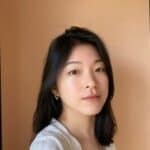
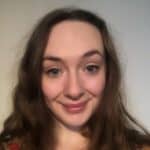
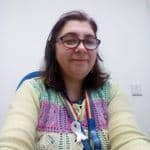
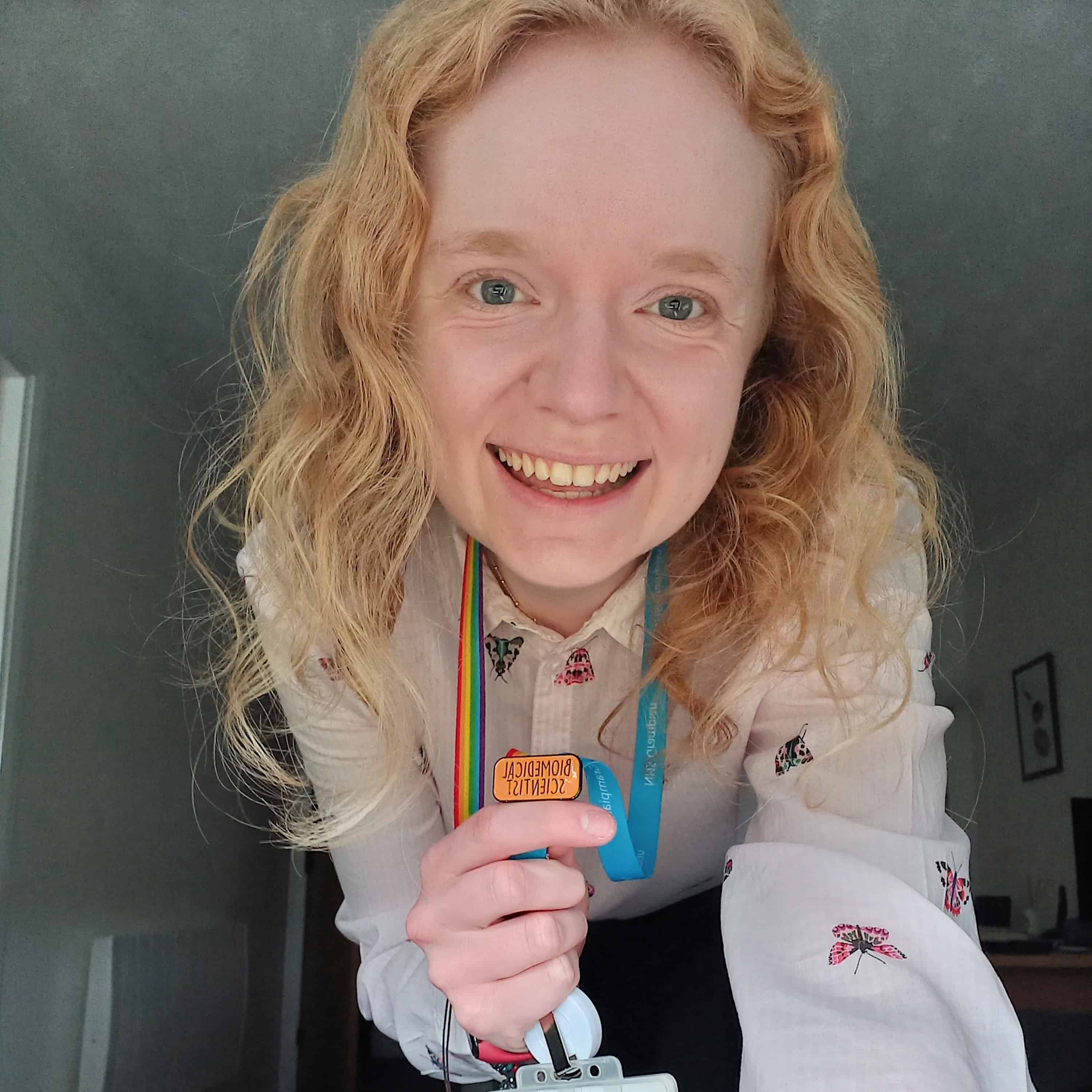
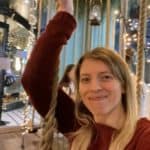
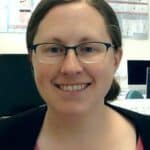
Comments
celinewittke commented on :
My favourite subject in school was Human Biology so I decided to do a Medical Sciences degree first. This was a very broad degree so it meant I didn’t need to rush and specialise on one particular field early on. I enjoyed the research side to it so stayed at university to do a Masters by Research where I worked in labs to do 2 separate research projects. After this, I took a year out of university to decide on what to do next. (I spent this year tutoring Maths, Biology and German). I knew I wanted to stay in research (and ideally work in cancer research) so I applied to a few different PhD projects and thankfully I got the position that I am in now looking at liver disease and liver cancer 🙂